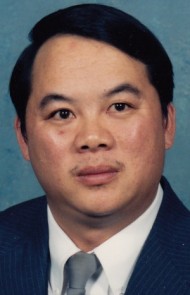

But as a Hmong American, if you care about yourself, your family, and/or your Hmong community, it’s for you. Yes, you will see many college students, professionals, and community leaders. In her groundbreaking and fearless memoir, The Bride Price, Mai Neng Moua shows us the meaning and practice of the Hmong tradition of paying the bride price, in. Who is HNDC for?Īnyone who cares about the Hmong community.

If you're in attendance, you are one of them. HNDC is a space, a time to connect with some of the most passionate individuals who care deeply about the present and future of the Hmong community. HNDC to me is where some of the brightest, most powerful, most vocal, and most generous individuals from all backgrounds in the Hmong community gather to inspire, connect, & build a stronger community together - in workshops, in hallways, in hotel rooms, after the banquet at 2 AM, and even at the airport.įrom your flight arrival to your flight departure, you will feel the incredible energy of HNDC.

HNDC is a conference that brings together community leaders, professionals, advocates and youth from across the country (& world) to have critical conversations around key issues in the Hmong community. In 2019, it’ll be Sacramento, California. Through a trip to Thailand, through hard work in the garden, through the birth of another generation, one strong woman seeks reconciliation with another.This year was Milwaukee, Wisconsin. As she navigates the Hmong world of animism, Christianity, and traditional gender roles, she begins to learn what she has not been taught. But even after the bride price has been paid, Mai Neng finds herself outside of Hmong culture and at odds with her mother, not realizing the full meaning of the customs she has rejected. Months later, the families carry out the tshoob without the wedding couple. The couple refuses to participate in the tshoob, the traditional Hmong marriage ceremony many members of their families, on both sides, stay away from their church wedding. What happens next is devastating, and it raises questions about the very meaning of being Hmong in America. Mai Neng, who knows the pain this tradition has caused, says no. When Mai Neng Moua decides to get married, her mother, a widow, wants the groom to follow Hmong custom and pay a bride price, which both honors the work the bride's family has done in raising a daughter and offers a promise of love and security from the groom's family.


 0 kommentar(er)
0 kommentar(er)
